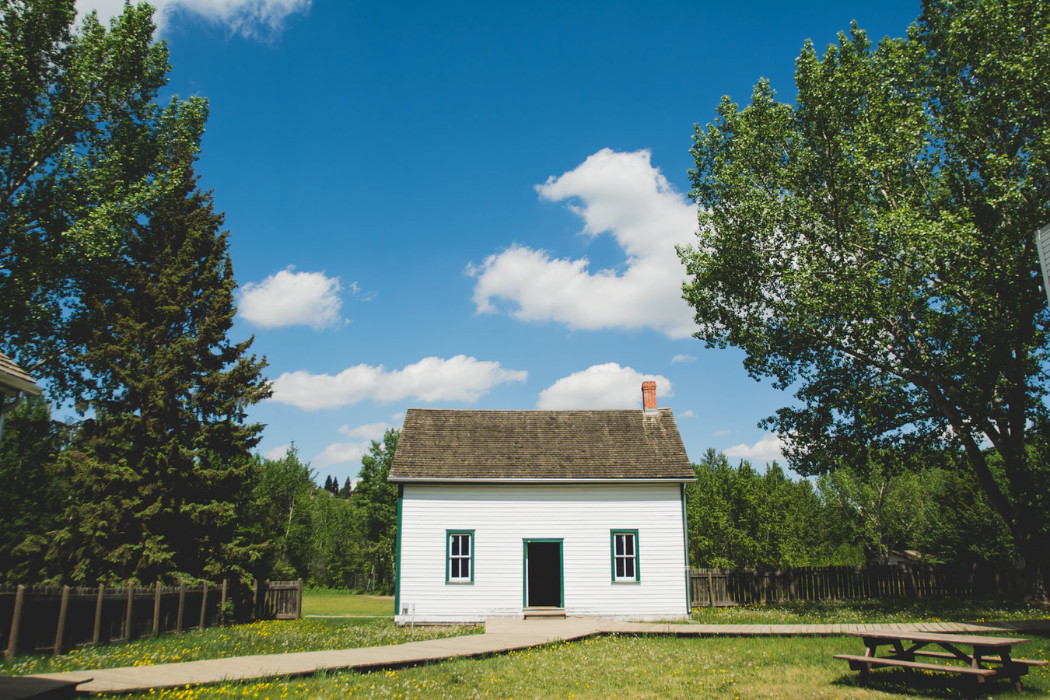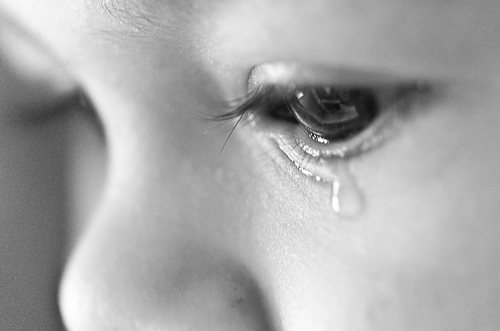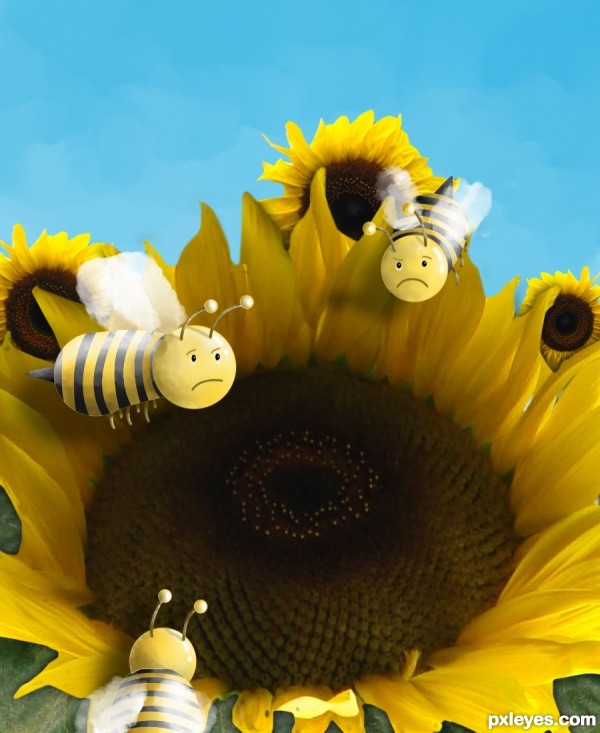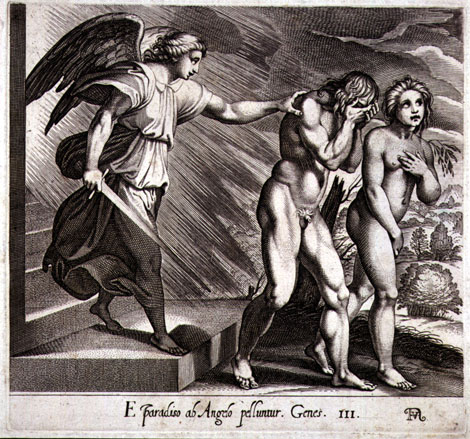The poem begins with the narrator’s description of the huge city that is home to about ten million people, of which some are well off, residing in luxurious houses while others live in shabby houses and slums. However, the narrator says to his companion that there is no place for them. He talks about their once country known as their own long ago but is now so distant that to see it, they have to browse through an atlas and not go there. The narrator is later revealed to be a German Jew.
Refugee Blues Summary
The narrator makes a remark about how each spring new flowers bloom on the old tree that grows in the village churchyard and mourns to his companion about how the renewal of old passports is not possible because the country they wish to go to rejected them, saying that they were as good as dead if they have not made updates to passports. He is dejected and tells his companion that it is a misfortune that they are still living. He remembers the politeness of the people who could not help him because of the politics and asked him to return next year. He remembers a public meeting where someone accused him of attempts to steal away the livelihood of the city’s residents by barging in and telling his companion how the man spoke of them.
He thought he heard a storm, but it was Hitler sentencing all of them to death. He notices a dag wrapped in a warm jacket, a cat climbing inside his car as the door was open. He considers them lucky because they are not German Jews. He observes the fish swimming freely in the water and the birds flying in the open sky as he went to the woods. He marvels at them, for they were not subject to politics. He tells his companion about the dream where he saw a magnificent building that was capable of accommodating a thousand people, but there was no place for them in it. He recalls how when he stood on the plains and looked through the show, he could see the soldiers marching towards them, searching for them, looking to kill them.
Refugee Blues Analysis
The poem Refugee Blues was written by Wystan Hugh Auden in 1939 and gave a description of the situation of the Jewish refugees under Nazi Germany, and he emphasizes how they were discriminated against and antagonized. The Jews were forced to run away from persecution and violence in Nazi Germany during the Second World war and were not able to secure asylum in countries like the US or English because of their tight quotas of Jewish immigrants allowed every year. The poem throws light on the more significant problems of isolation, loneliness, and exile and on their trauma of having to home and the inability to find a secure place in the violent and uncertain world.
Refugee Blues Theme
The theme of the poem Refugee Blues is the plight of German Jews. It speaks of the harsh realities of war and highlights the loss, suffering, and change. The narrator was subjected to brutality because of the antisemitic policies in Nazi Germany. He was once proud of the country they once called home, but Hitler had practically barred them from living there, and their personhood elsewhere was robbed. Now, Jews grapple with fear on hearing his name, and it sounds like thunder. Their passports have no meaning. Some wish to help the refugees but cannot, and some just ignore them. He criticizes Nazi Germany but is harsh on people who do not help refugees in a crisis like this.
Refugee Blues Central Idea
The poem gives an accurate description of the plight of Jews under Nazi Germany. It highlights their sorrow and how they were denied fundamental human rights because they were considered ‘inferior’. This poem is an appeal to be more humane and compassionate irrespective of communities. The poet has attempted to gain sympathy for his community and blames Hitler, and his supporters for the brutality inflicted on them and the mass genocide of innocent people.
Refugee Blues Figures of Speech
The tone throughout the poem is profoundly melancholic and disturbing. It shows the extreme plight of the Jews. The poet has used imagery when he talks about the trees that blossom during the spring of each year. He used metaphors when he suggested the order to kill Jews as rumbling thunder. He has also used repetitions and allusions.
Some online learning platforms provide certifications, while others are designed to simply grow your skills in your personal and professional life. Including Masterclass and Coursera, here are our recommendations for the best online learning platforms you can sign up for today.
The 7 Best Online Learning Platforms of 2022
- Best Overall: Coursera
- Best for Niche Topics: Udemy
- Best for Creative Fields: Skillshare
- Best for Celebrity Lessons: MasterClass
- Best for STEM: EdX
- Best for Career Building: Udacity
- Best for Data Learning: Pluralsight
















